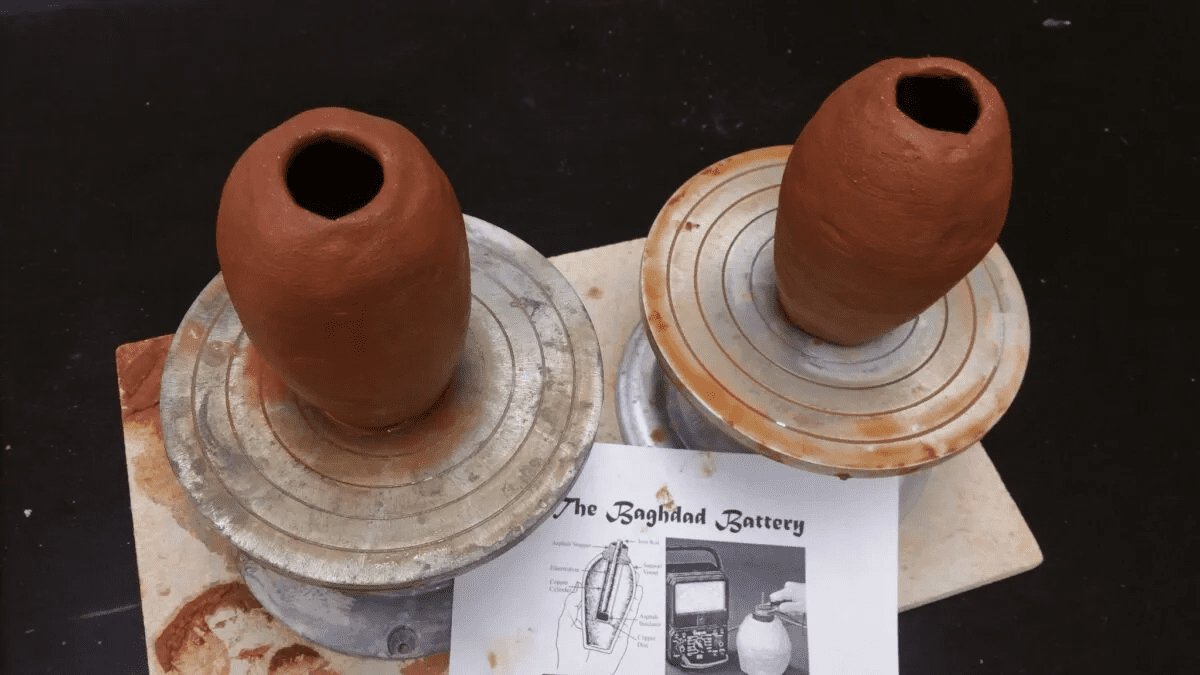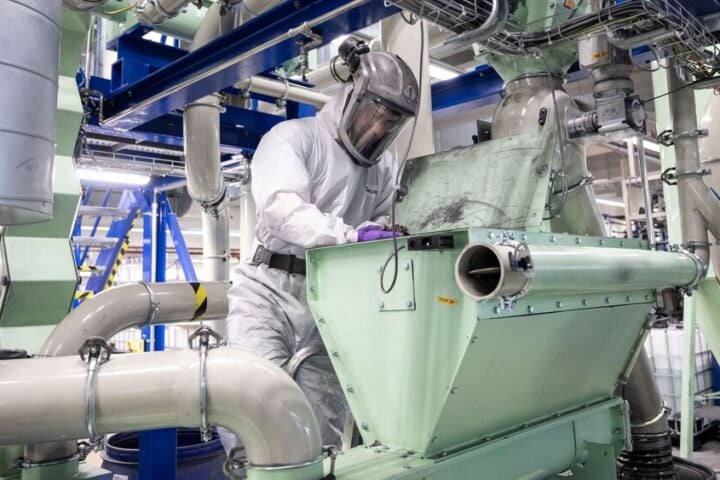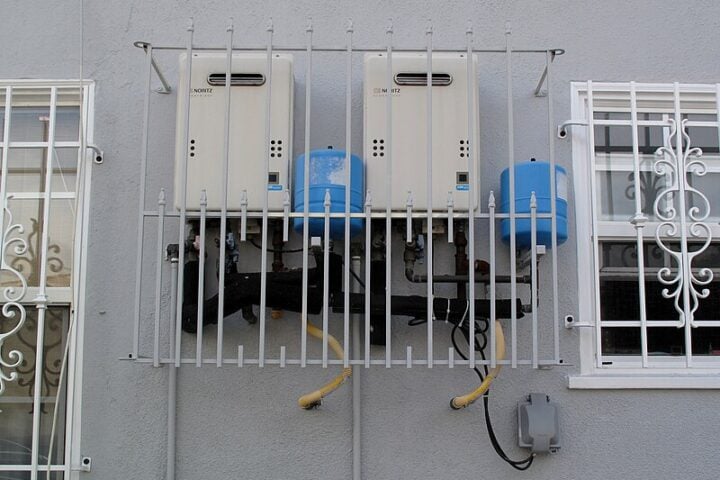The Baghdad Battery is a set of three ancient artifacts discovered in Iraq nearly a century ago. It comprises of a terracotta pot, a copper tube, and an iron rod that resembles a primitive battery, dated between 150 BC and 650 AD. However, there is still an ongoing debate among archaeologists over its use in the Parthian Empire. While some argue that it was used for storing sacred scrolls, others theorize that it was a type of battery that produced an electrical current when filled with vinegar or any other acidic solution.
The idea that the Baghdad Battery was a battery was even tested by the show MythBusters, which built replicas of the jars using lemon juice instead of a historically accurate solution. When ten jars were linked together in series, they produced four volts of electricity. Though not much in modern standards, it was enough to power many household objects.
Despite the arguments made by skeptics that the jars were only used for storing scrolls, the Baghdad Battery’s true origin and purpose remain unclear. It is further complicated by the fact that the Baghdad Battery was looted, along with thousands of other artifacts, from the National Museum during the 2003 American invasion of Iraq. Thus, further studies on the artifact are no longer possible.
- Crater Lake Newt Drops to 13 as Crayfish Take 95% Shoreline, Lawsuit Targets ESA Delay
- Ford Stops U.S. Vehicle Exports to China as Tariffs Spike to 150% in Escalating Trade War
- Sterile Processing Technician: $70K Salary, 6% Job Growth, No Degree Needed
- Scientists New Color Olo Only Shows Up When a Laser Hits One Eye Cell Most People Never Notice
- NYC Congestion Toll Cuts Traffic by 1M Vehicles; Trump Sets April 20 Deadline
The Baghdad Battery is believed to be one of the most mysterious artifacts from ancient times, yet there are still many others available for study, some even being discovered by hobbyists. This discovery challenges the historically credited origins of the battery. The count Alessandro Volta who is credited with inventing the battery is said to have reinvented it. The little Parthian jar found in ancient Western Iranian territories of Greater Iran, now Iraq, dates back 2000 years from the Parthian period, which was roughly 250 BCE to CE 250. Therefore, the Baghdad Battery is a significant and important discovery that challenges the conventional wisdom of history. It also highlights how much we still don’t know about our ancient past, making it a fascinating and exciting topic for research and speculation.

















